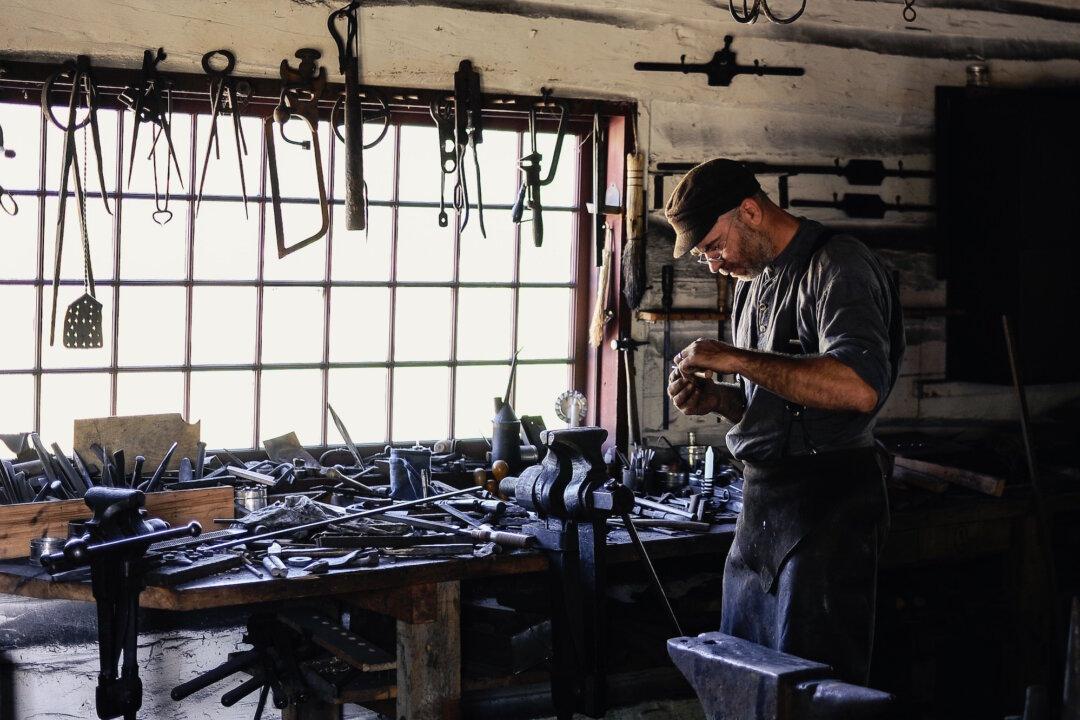One chilly afternoon just after Thanksgiving, I stood in the crowded lot of my local auto repair shop in Front Royal, Virginia, watching the mechanic try to remove the metal caps from the pressure valves on my tires. He explained no one should have put such caps on these nozzles because they get stuck, as they were now, and taking them off by force could damage the tires. He first used WD-40 and a wrench, then disappeared inside, returned with a blowtorch, gingerly heated one of the caps and valves, and tried the wrench again.
“Impressive,” I said when the cap came off.






